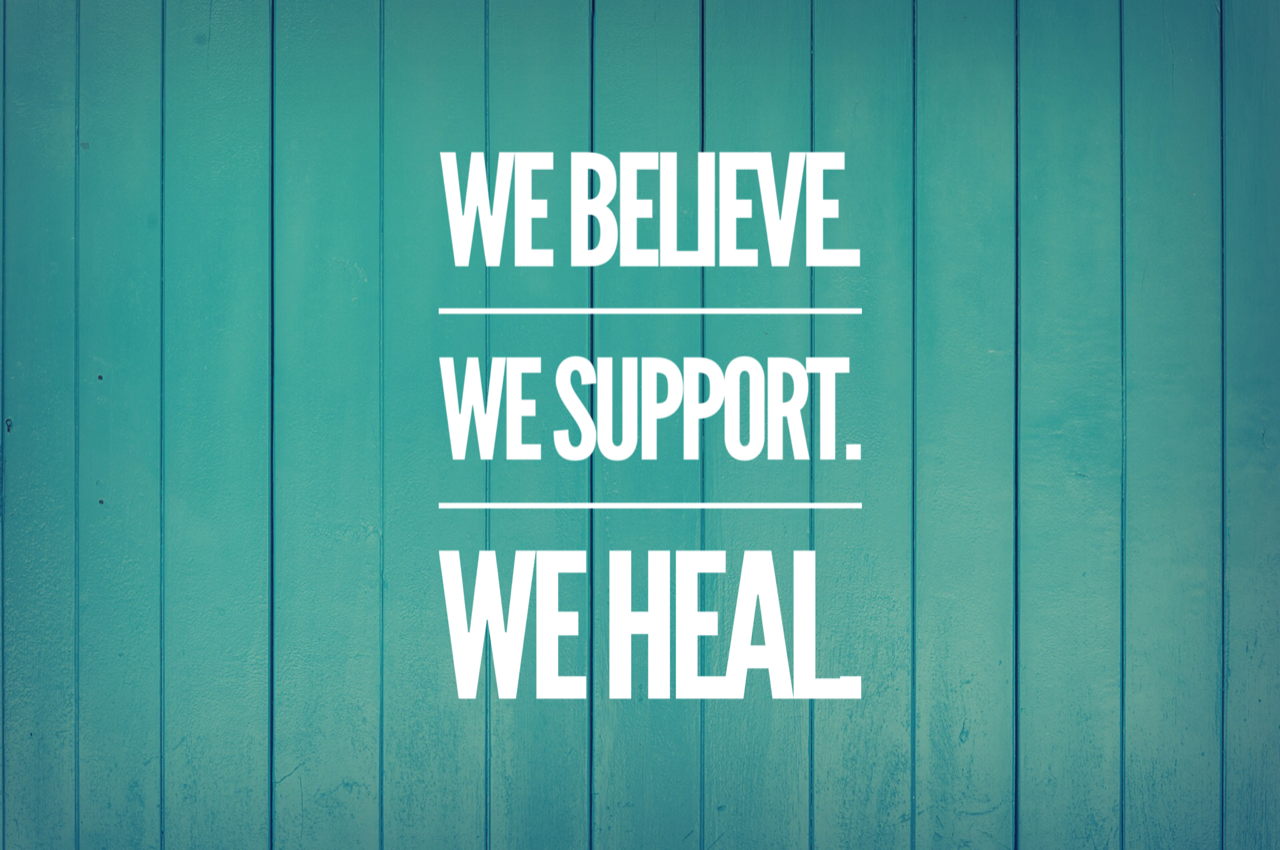SAFETY FIRST
When you first realize you are in an abusive relationship, it can be a shock most cannot begin to comprehend. Most people would tell you to just leave, but what they don’t know is that it is really NOT that easy. There are many things you must consider before leaving an abuser. If their abuse wasn’t physical yet or it’s been minimal, it will definitely escalate after you leave.
Before leaving, your safety is the most important. Following yours, is the safety of your children and the safety of your pets. This should all be considered before leaving someone who doesn’t show remorse for their harmful behavior.
MAKE A PLAN
- Know where you can go to get help; tell someone what is happening to you.
- Resource list for Johnson County
- Know whose part of your support system and who you can trust: family, friends, coworkers, neighbors, church members, etc.
- Keep any evidence of physical abuse, such as pictures.
- Keep a journal of all violent incidents, noting dates, events and threats made, if possible.
- Make a plan for how and where you will escape
- Try to set money aside or ask friends or family members to hold money for you.
- Identify a safe place for you and your children to go, in the case of an emergency.
- Pack an extra set of clothes for yourself and your children in case of an emergency departure, and store them at trusted friend or family’s house.
Note: Avoid using mutual friends or neighbors.
- Plan for what you will do if your partner finds out about your plan to leave.
- Look up resources on a computer at work or the local library to avoid the abuser discovering your research.
SAFETY APPS
If you feel your abuser is not monitoring your phone activity and it’s safe to use your phone, safety apps could save your life during an emergency:
SAFE WORD: CHILDREN
- Talk to your child(ren) and tell them you want everyone to be safe, so you have to come up with a plan to use in case of emergencies.
- Always consider children might tell this information to the abusive partner, which could make the situation more dangerous.
- Come up with a safe word you can tell your children to say when they need to leave the home in case of an emergency
- Teach your children when and how to call 911.
- Teach them that although they want to protect their parent, they should never intervene.
- Identify a room they can go to when they’re afraid. Note: Avoid the kitchen, bathroom and other areas where there are items that could be used as weapons.
- Help your children make a list of people that they are comfortable talking with.
- Enroll them in a counseling program such as the free counseling offered by ASSIST
PETS ARE FAMILY
- Take steps to prove ownership of your pet: have them vaccinated and license them with your town, ensuring that these registrations are made in your name (change them if they aren’t).
- Pack a bag for your pet and include things you cannot replace:
- Medicine
- Documents of ownership (receipts from adoption or purchase of pet, license to establish ownership, receipts for animal purchases)
- Health documents (veterinary or vaccination records)
- ID and rabies tag, if a dog or cat (these will also help establish ownership)
If possible, don’t leave pets alone with an abusive partner.
- Talk to friends, family or your veterinarian about temporary care for your pet.
- If that is not an option, search by state or zip code for services that assist domestic violence survivors with safekeeping for their pets. Try zip code first, and if there are no results, try a search by state.
- If the none of the results are feasible for your situation, try contacting your local domestic violence or animal shelter directly. For help finding an animal shelter, visit the Humane Society website.
- If you’re thinking about getting a protective order, know that some states allow pets to be a part of these.
No matter what, safety first. When a victim is leaving an abuser, an abuser can become violent (if they haven’t already), unpredictable, and carry out heinous crimes in a fit of anger. It’s vital that you take action to complete these safety steps before leaving an abuser. Being proactive will ensure a safer exit when the time is right or when the time is NOW!
